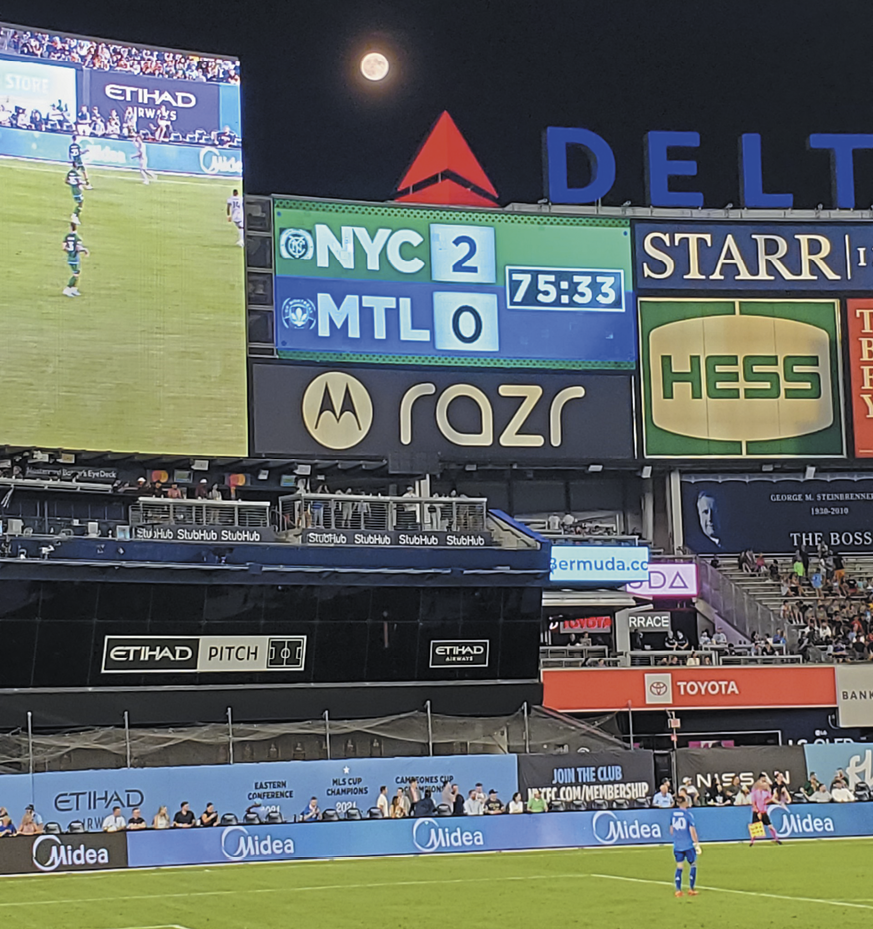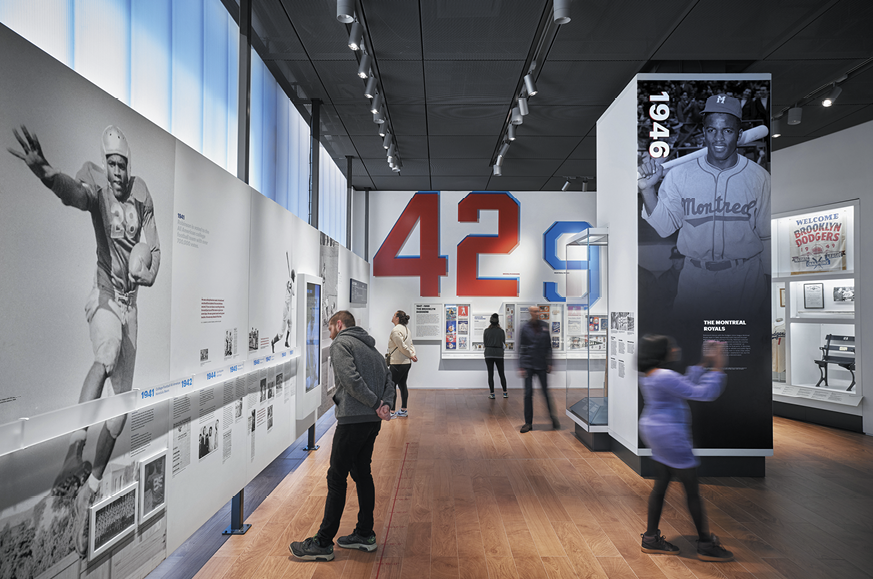- Home
- Media Kit
- MediaJet
- Current Issue
- Past Issues
- Ad Specs-Submission
- Reprints (PDF)
- Photo Specifications (PDF)
- Contact Us
- PRIVACY POLICY
- TERMS OF USE
![]()
ONLINE
![]()
ONLINE

A Learned Philosophy
Editors’ Note
Marty Edelman spends a significant amount of his time as an advisor in the Middle East and England. He has more than 30 years of experience and concentrates his practice at Paul Hastings on real estate and corporate mergers and acquisitions transactions. He has been an adviser to The Related Companies, Fisher Brothers, and Mubadala, the strategic investment entity of the Abu Dhabi Government. Edelman is on the Board of Directors of Equity Commonwealth, Global Foundries, and Aldar, and until recently was on the Board of Blackstone Mortgage. He received his LLB from Columbia Law School and his AB from Princeton University. Edelman served in the Army from 1966 to 1969.
Where did you develop your passion for philanthropy and how do you decide where to focus your efforts?
Philanthropy is a learned philosophy. My parents were social activists in various causes including civil rights in the 1950’s, and also supported many local charities. But what characterized their giving was that it was accompanied by active participation. So, it really was part of my upbringing and I also focus my philanthropic efforts with human and financial resources available to me. Civil rights with the Jackie Robinson Foundation, and support of military families with the Intrepid and Fallen Heroes Fund and Fisher House Foundation, as well as community-based efforts like the Tribeca Film Festival, which was started after 9/11, captured my interest.

New York City FC in action
You serve as vice chairman of the New York City FC. What interested you in this opportunity will you highlight the plans to build a soccer stadium in Queens?
My interest in soccer started in 2008 when Sheikh Mansoor purchased Manchester City Football Club and asked me to join the Board. We now have 12 clubs around the world and NYCFC is probably our most prominent. Because I am from New York, I took responsibility for a leadership role in all aspects of the club. The New York Yankees are an incredibly valuable minority partner. We are starting the approval process to build a 25,000-seat soccer stadium next to Citi Field in Queens. It will be all union built and we are working closely with the community, led by the indomitable local City Councilman, Francisco Moya, and of course Mayor Eric Adams. I lead the NYCFD development team. What makes this project unique is that it is also a part of a needed larger affordable housing project being built by The Related Companies and Sterling Development Partners. We are thrilled it is in Queens.

Intrepid Sea, Air, & Space Museum
You also serve as vice chairman of the Intrepid. How do you describe the Intrepid’s mission?
The Intrepid has many purposes – we provide STEM educational programs to thousands of New York City school children. We also teach those students the meaning of the words “Duty, Honor, Country.” Finally, Intrepid provides a balanced visual history of the role of our military and its families in the historical and continuing effort to keep America a free country. Too many Americans are not aware of this history and the millions of visitors, including thousands of foreign tourists each year, come away with a new vision of our history. We have allied foundations in Fisher House, Fallen Heroes Fund, and Operation Mend which make valuable contributions to the well-being of our service personnel and their families in areas which the government does not provide that vital support. My three years in the military after law school deeply affected my thinking and my understanding of the sacrifices Americans make for this country.

The Jackie Robinson Museum
What was the vision for creating the Jackie Robinson Foundation and how has the Foundation evolved?
The Jackie Robinson Foundation, which Rachel Robinson and I and two friends founded in 1972 when Jackie died, provides scholarships to minority students who show unusual talents and promise. It has been an extraordinary success and is often designated as the most effective model for scholarship programs. I am enormously proud of the thousands of young men and women who having graduated as Jackie Robinson Scholars populate Wall Street, law firms, hospitals, the medical profession, music and entertainment. We have the highest graduation rate of any education foundation because of the involvement of our staff and board in the lives of our scholars – Rachel at 101 still attends the annual Scholar weekend and dinner.
“The keys to effective philanthropy can be expressed in intellectual and philosophical terms, but I think it is three words – money, activism, and focus.”
What do you feel are the keys to effective philanthropy?
The keys to effective philanthropy can be expressed in intellectual and philosophical terms, but I think it is three words – money, activism, and focus. Invest your financial resources, your time, and your passion to a few causes that really matter to you and you can make a difference.
You have spent your business career as a leader in the legal profession. What attracted you to a career in law?
My father and four of his five brothers were lawyers, so it was sort of the family business. Also, I really did not know what I wanted to do so law school seemed an attractive pathway to “something.” I followed the advice of a friend who said, “If you don’t know where you are going, any road will get you there.”
What advice do you offer to young people interested in pursuing a career in law?
Law is a great field of study where you learn what critical thinking really means. You learn how to deconstruct a problem and reconstruct a solution and you learn how to think under pressure. After law school and a few years as a lawyer, you can either decide to continue to be a lawyer or migrate to just about any other field or activity.
With all that you have achieved in your business career and philanthropic activities, do you take moments to reflect and appreciate what you have accomplished?
I am only 82 so I haven’t started to look back yet. I am still looking ahead to the many challenges life offers. I spend most of my time working on projects in the Middle East and enjoying “one day at a time.”![]()